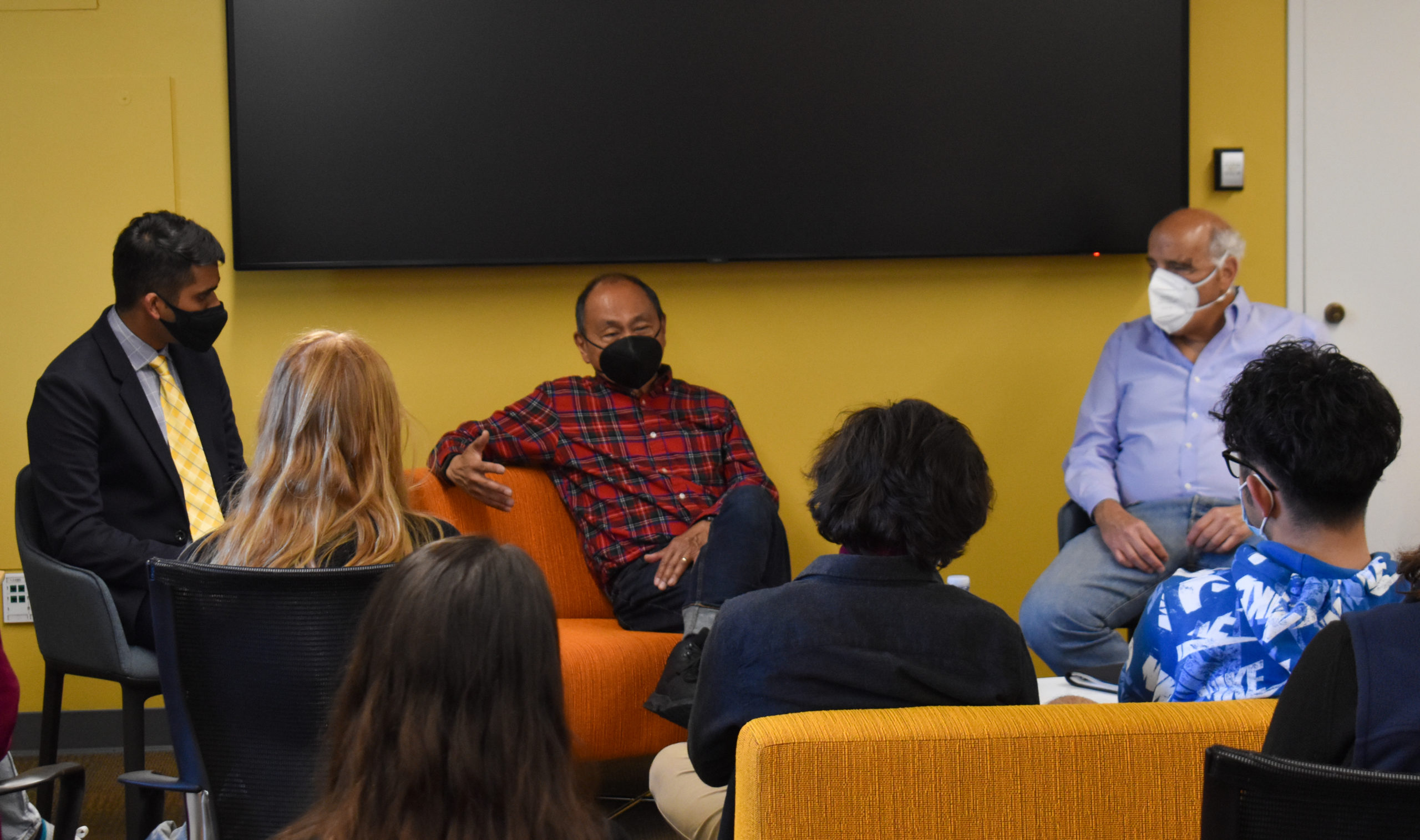During a Monday event, Olivier Nomellini, Senior Fellow at the Freeman Spogli Institute for International Studies Francis Fukuyama and Founding Director of the Center for Human Rights and International Justice David Cohen said that selective assertiveness is essential in Sino-American foreign policy, in the context of China’s growing investment and influence in Southeast Asia.
Cohen, whose academic expertise centers on human rights, argued that a number of human rights violations in South East Asian countries have been enabled, at least in part, by the growing influence and centralization of the Chinese government in the broader context of a Sino-American rivalry in the region.
“I think there’s no question that, especially for the authoritarian regimes in Southeast Asia, the rivalry has created greater space for increasing crackdown and centralization,” Cohen said during the Society for International Affairs at Stanford (SIAS) event.
He called attention to the “30-plus thousand extrajudicial killings” carried out in the Philippines through Filipino President Rodrigo Duterte’s War on Drugs, which Cohen said was “mediated by Duterte’s early move towards China” in an attempt to foster closer political relationships among the two countries.
Fukuyama and Cohen also contended that American foreign policy through trade and defense efforts have shaped and influenced the Indopacific and Southeast Asia.
“Although you’ve got a lot of authoritarian regimes in that region, we’ve also had the creation of the liberal world order that has facilitated trade and investment across the entire region,” Fukuyama said. “That’s really been the product of American policy.”
The United States also plays a geopolitical role in upholding security in the Indopacific region, particularly as the Chinese government expands its claims to territory in the South China Sea, according to Fukuyama and Cohen. Cohen called for a “constant, consistent policy” that outlines continued commitments of an American security presence in this territory and other contentious regions.
Cohen also stressed the importance of American engagement with a “counterpoint” to China’s Belt and Road Initiative (BRI), an infrastructure development project that would span from East Asia to Europe.
The BRI has been a “double-edged sword” that has both helped develop infrastructure and has faced problems of corruption and bribery, Fukuyama said. Cohen also pointed to the EU’s $300 billion plan to develop infrastructure in Southeast Asia as a possible counterweight to the BRI that the United States could further support.
Fukuyama added that the strategic “freedom of navigation voyages” conducted by American Navy ships into waters that the Chinese government has claimed — in violation of international law — are critically important.
However, he also said that the United States ought to avoid “pointless provocation of China,” citing the Trump administration’s use of the term “Wuhan virus” when referring to COVID-19. This term, when used to describe COVID-19, has been criticized for carrying racist and xenophobic connotations.
Despite Fukuyama’s and Cohen’s calls for upholding security in Southeast Asia, Cohen underscored the need for cautious diplomacy and discussion while navigating tensions.
“Because of the economic interdependence, there has to be constructive engagement,” Cohen said.
